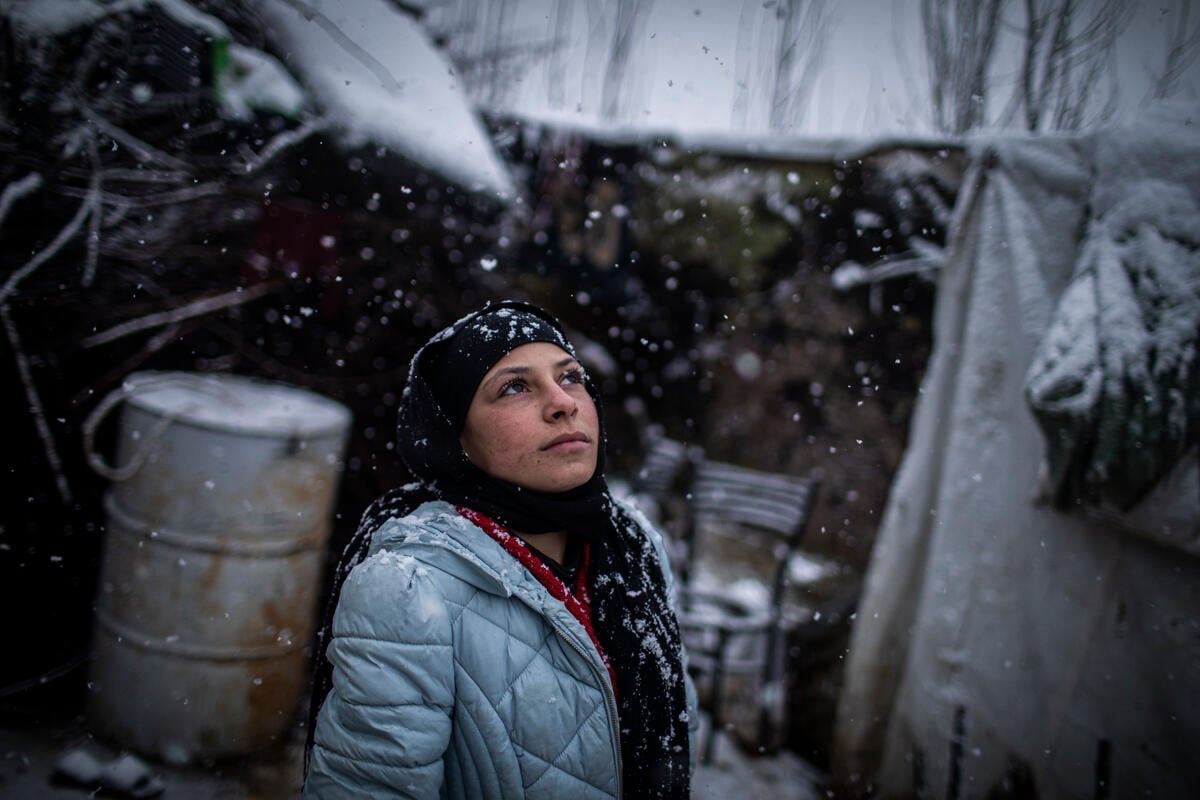Syrian lifeguard helps save others in peril on the Greek coast

Syrian lifeguard helps save others in peril on the Greek coast
Among the rescuers who converged on the Greek coastal resort of Mati in July as hundreds fled deadly wildfires was a 23-year-old Syrian refugee, himself saved from a watery grave last year.
Obada “Ibo” Al-Nassar trained as a lifeguard after arriving in Greece and is a volunteer with the Lifeguard Hellas (LH) organization, which joined the operation that began when terrified civilians rushed headlong on to the beaches or into the water.
LH lifeguards were among the first on the scene on the day of the fire, July 23, when hundreds were ferried to safety in other parts of the mainland. In the following days, the LH team, including Ibo, continued the offshore search for the missing and dead.
“Ibo was involved in the Mati operation. He was an active member,” says Spiros Mitritsakis, who runs LH with his wife Mania Bikof. “He’s an exceptional lifeguard,” adds the veteran.
As for Ibo, he says he is glad to be doing something constructive with people that have come to be like a family.
He is probably the only Syrian lifeguard in Greece, teaching people to master the sea and rescuing those in difficulty.
“This was the worst. It was hell.”
When he crossed to Lesvos more than a year ago, it was only the intervention of a naval ship that saved him when his dinghy began breaking up.
After arriving, Ibo was taken to the Moria Reception and Identification Centre. “This was the worst. It was hell,” he recalls. However, he soon made friends outside the site with some foreign lifeguards who had come to help Greece. They aroused his interest in their work.
Through them he met Spiros and became a lifeguard. The LH mainly works along the coast off Athens and relies on donations. In late 2015, it deployed a team of volunteers on Lesvos until June this year. Based in an IKEA housing unit provided by UNHCR, the UN Refugee Agency, the round-the-clock operation helped rescue thousands in their stretch of coast.

Ibo fitted in well with the LH volunteers from Greece and further afield, initially helping teach children at the Kara Tepe municipal accommodation site to swim in the sea nearby. “He had a desire to learn, to do things,” says Mania.
The team welcomed him and he was taken to the LH school in Athens and trained to be a lifeguard. This included courses on water safety, first aid, equipment, diving, rescuing people in the water, teaching swimming and working out. The next challenge is to master the Greek language.
“I have to think about how to survive today.”
That aside, things are looking up for Ibo, who moved to accommodation in Athens after being authorized to leave Lesvos. He shares an apartment with other young men under UNHCR’s ESTIA accommodationLink is external and cash assistance programme, which is funded by the European Union and has enough places for more than 25,000 asylum-seekers and refugees, mainly in urban apartments. Priority is given to the most vulnerable and more than 21,000 people are currently accommodated.
He has just been recognized as a refugee, more than a year after applying for asylum.
However, challenges remain, like finding a job. Ibo has not really thought about the long term. “I have to think about how to survive today,” he says. Ibo once thought of study engineering in Syria but is happy to do unskilled work.
Greek friends have helped him find temporary work and arrange his social welfare papers, including Spiros and Mania, who became lifeguards 30 years ago. It has become a way of life for them. “We don’t feel we are at work. It is something we love and it gives us this energy,” Mania says.
Ibo has the bug, too, and says he will stay connected with the lifeguards. He is grateful to Greece and happy to give something back. He still thinks of Syria from time to time. “The area I came from, Yarmuk, is completely destroyed.”
Mati also lies in ruins. “For him to live that moment in Mati it is similar to the experience he had,” Mania says. “The only escape for some in Mati was by water.”









